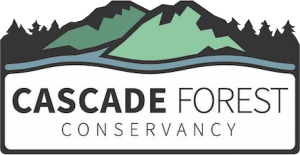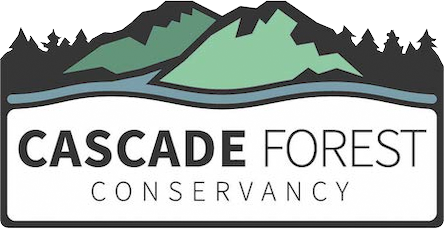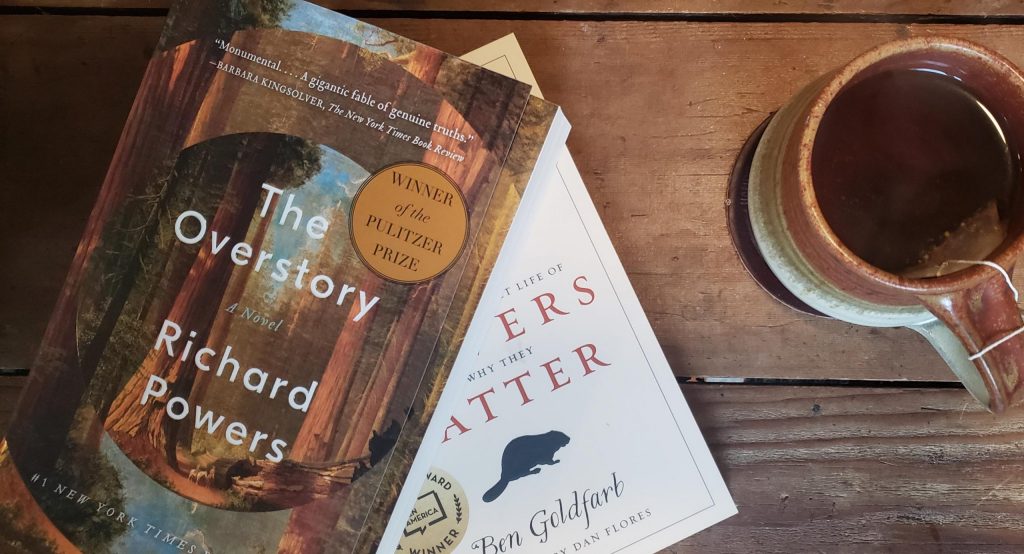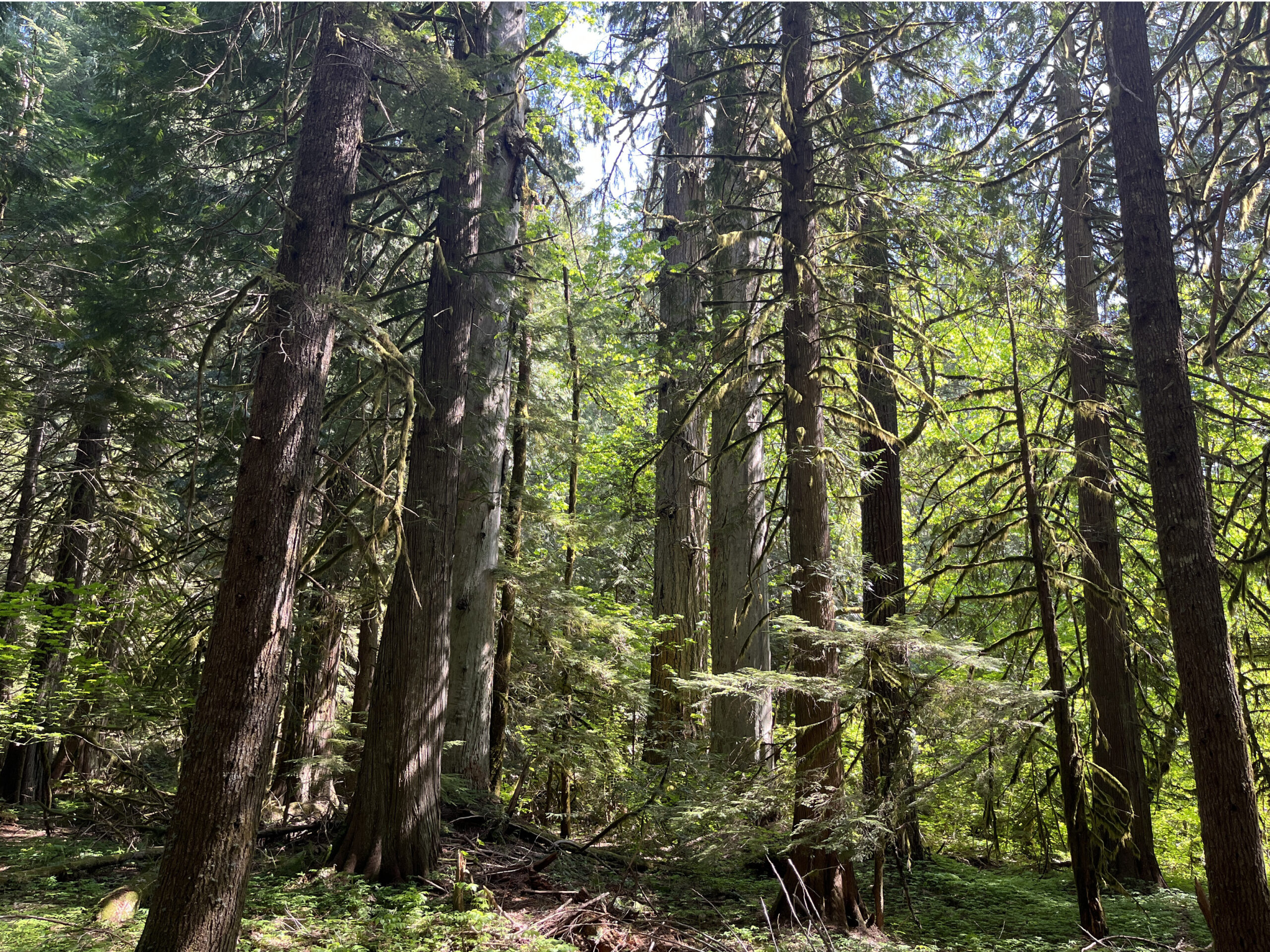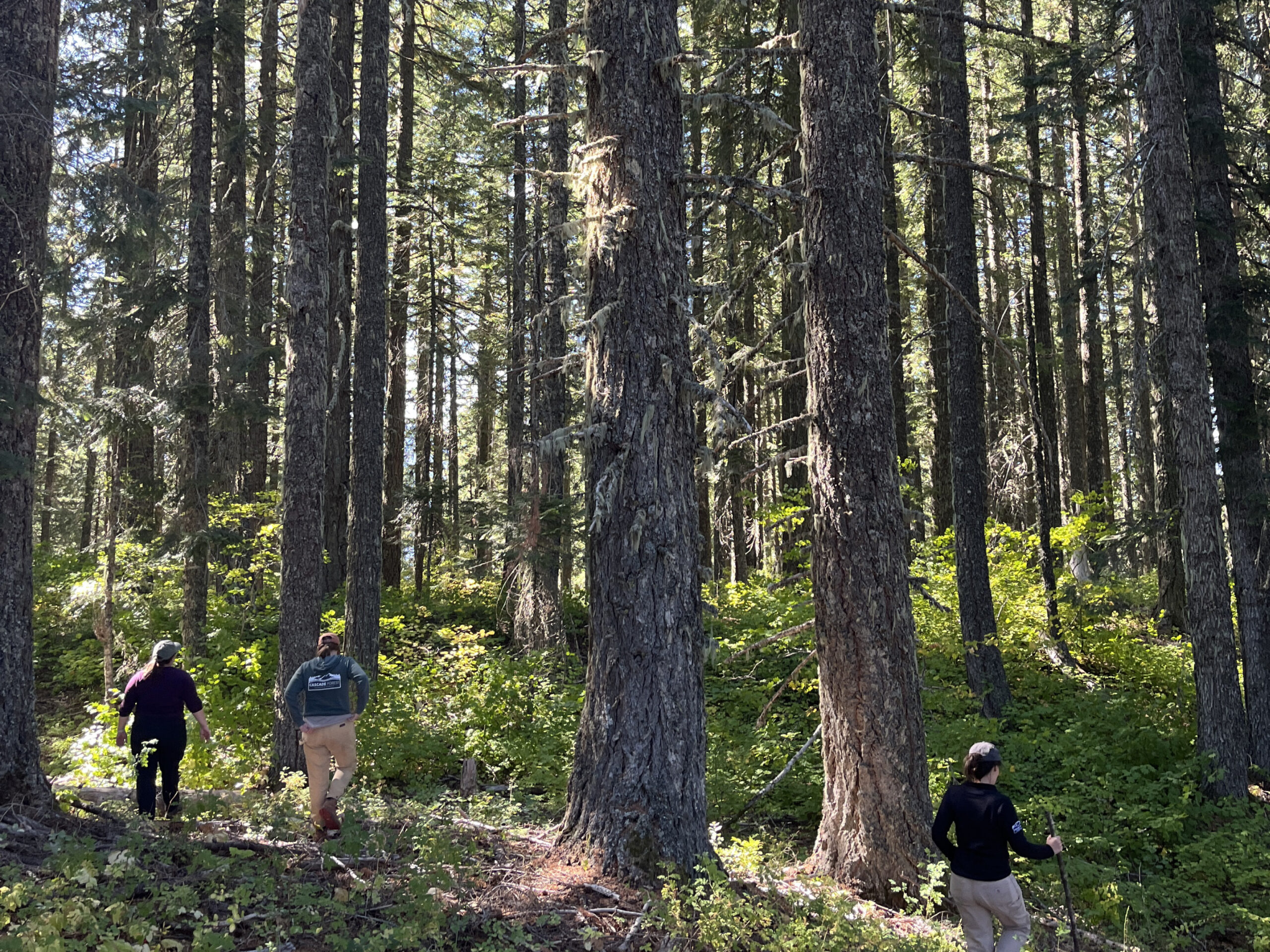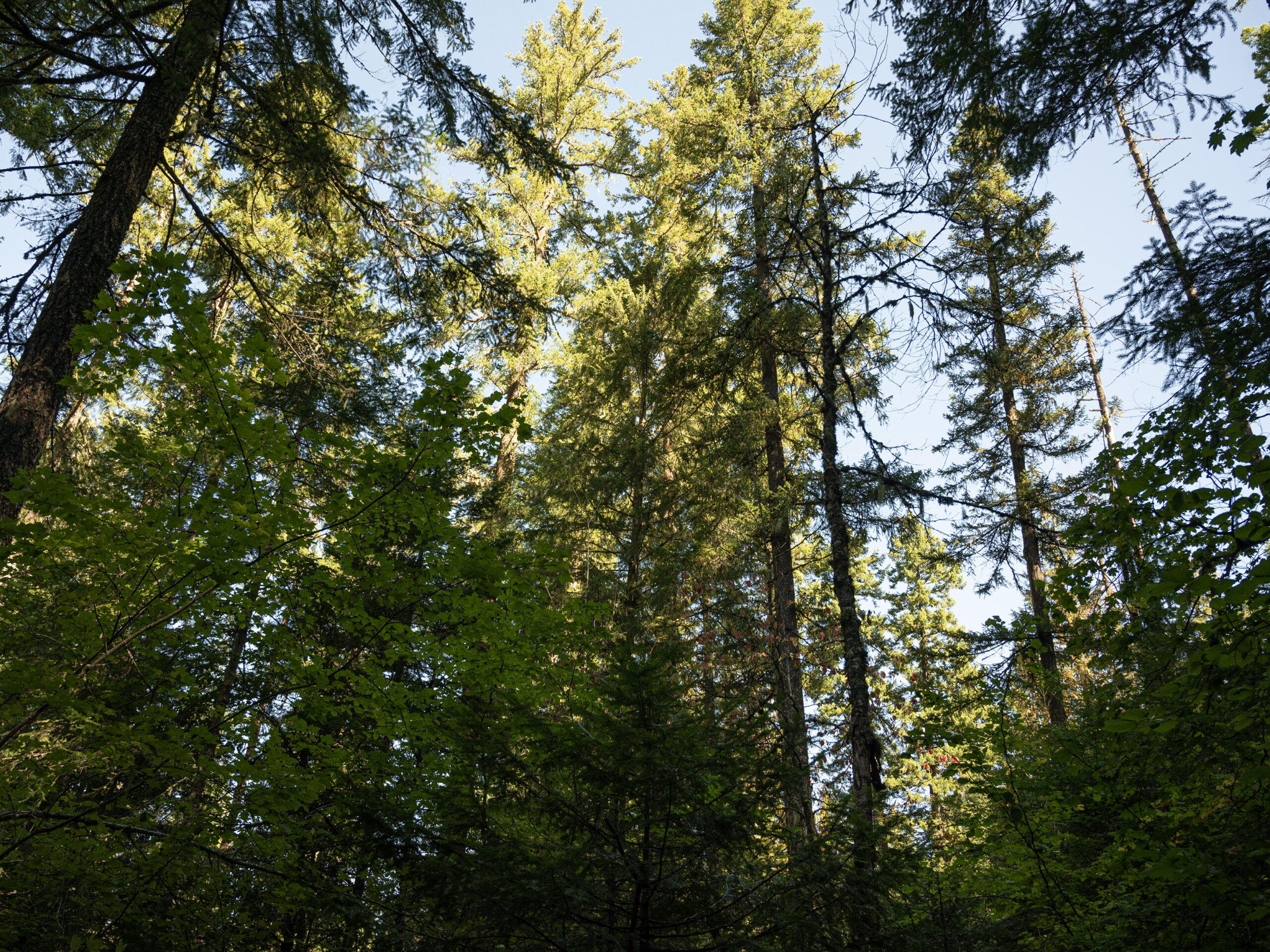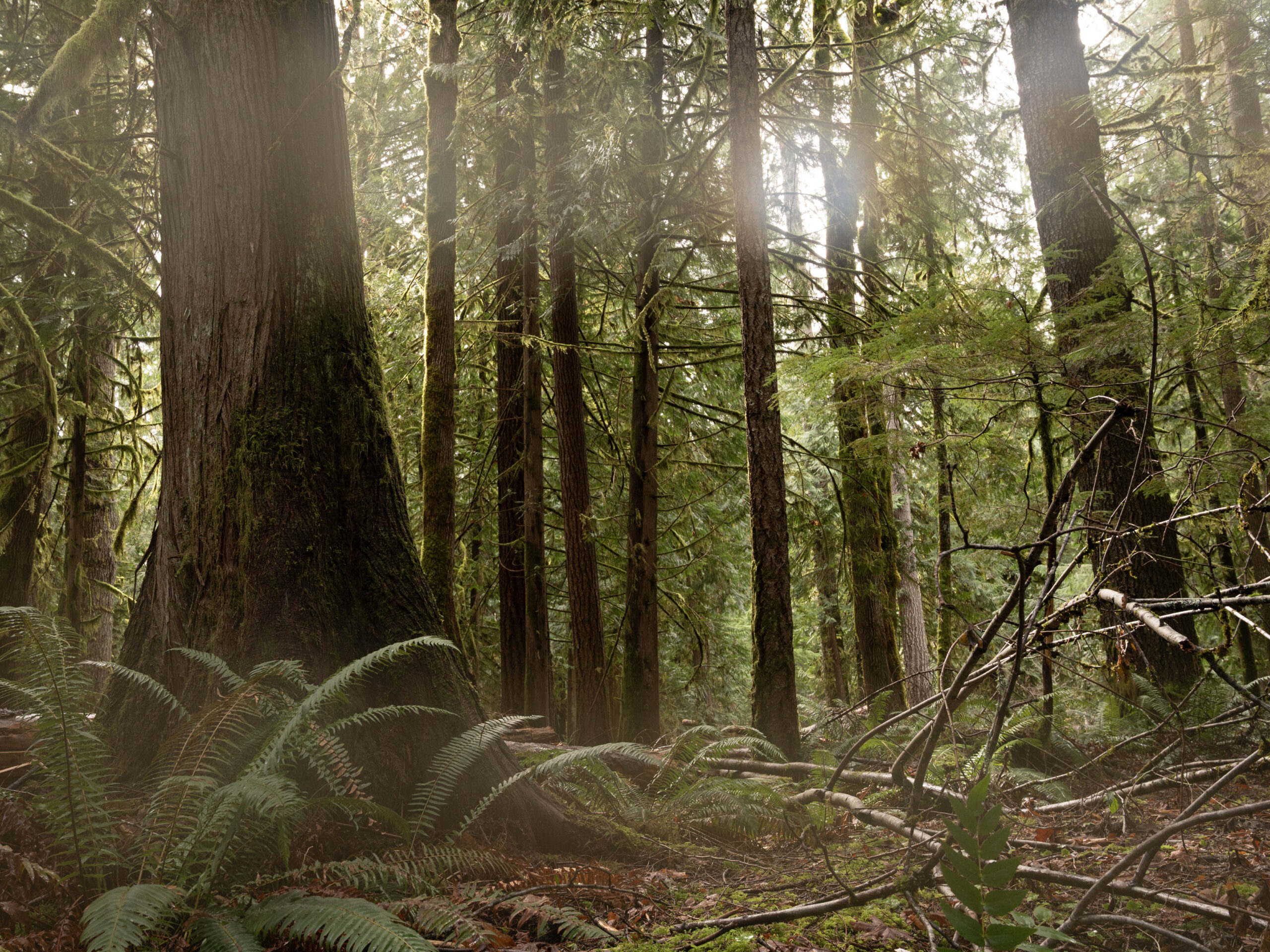Part two of our quarantine reading list features submissions from Suzanne Whitney and Lucy Brookham. We hope these great reads inspire, intrigue and entertain you as we work together to flatten the curve. Stay safe everyone, we’re in this together.
– The CFC Team
SUZANNE WHITNEY Science and Restoration Manager
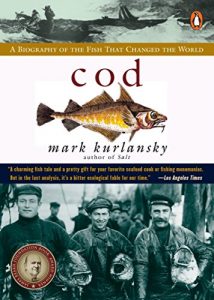 Cod: A Biography of the Fish that Changed the World
Cod: A Biography of the Fish that Changed the World
by Mark Kurlansky
This is a fascinating and accessible book that explores the intersections among ecology, human history, food, and conservation. The global impact of this one species is amazing! If it leaves you wanting more, follow up with Four Fish: The Future of the Last Wild Food by Paul Greenberg.
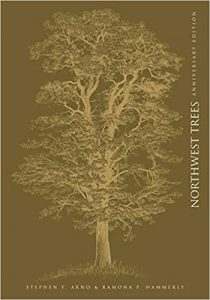
Northwest Trees: Identifying and Understanding the Region’s Native Trees
By Ramona Hammerly and Stephen Arno
While sheltering in place, I’ve been digging into a couple of books to beef up my knowledge of Pacific Northwest species. In particular, I’m enjoying Northwest Trees: Identifying and Understanding the Region’s Native Trees by Stephen Arno. This book includes beautiful illustrations and spends several pages providing deeper information on each species. It’s a great compliment to a comprehensive field guide.
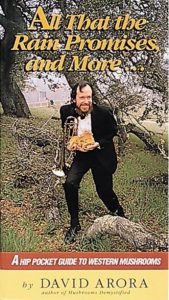 All That the Rain Promises and More…
All That the Rain Promises and More…
by David Arora
Want to think about mushrooms instead? All that the Rains Promise and More… is a fun place to start.
Prodigal Summer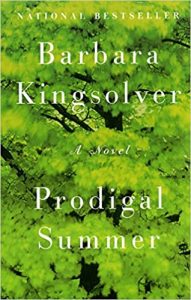
by Barbara Kingsolver
A sweet novel that weaves conservation issues (pesticide use, importance of predators, conservation genetics) into a story that connects several members of a small community in southern Appalachia. If you don’t do fiction, Kingsolver also writes lovely essays that combine human experience and her passion for natural history; High Tide in Tucson is a nice collection.
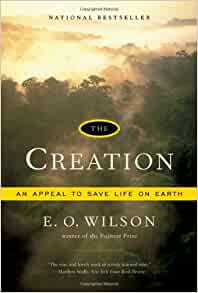
Creation: An Appeal to Save Life on Earth
by E.O. Wilson
If you enjoyed Shiloh’s recommendation of A Sand County Almanac, you could try The Creation: An Appeal to Save Life on Earth by E.O Wilson. This book is a plea from a southern gentleman and one of the greatest minds in ecology in which he makes a case for why conservation should be a priority for religious leaders (and everyone).
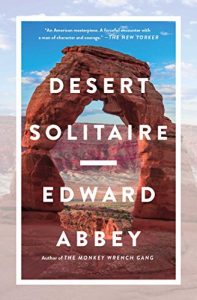 Desert Solitare
Desert Solitare
By Edward Abbey
If you prefer a more radical take, I also love Desert Solitaire by Edward Abbey. Leopold, Wilson and Abbey are very different authors with different motivations, but they all make the case for conservation and preservation in personal ways based on their own life experiences.
LUCY BROOKHAM Policy Manager
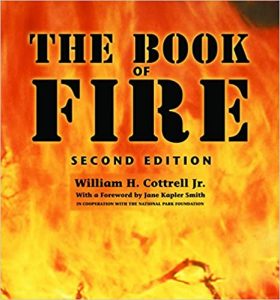 The Book of Fire
The Book of Fire
by William H. Cottrell
A short and highly illustrated book for all ages – introducing non-scientists to the anatomy of wildfire. Beginning at the molecular level, the book illustrates and describes the process of flame-progression, from how a twig catches fire to how an entire forest burns.
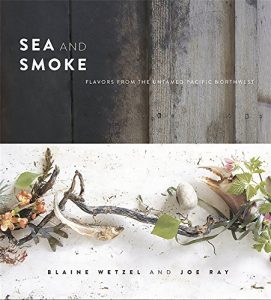 Sea and Smoke: Flavors from the Untamed Pacific Northwest
Sea and Smoke: Flavors from the Untamed Pacific Northwest
by Blaine Wetzel and Joe Ray
An ambitious cookbook celebrating the cuisine of hyperlocalism inspired by the rugged coastal location of Lummi Island.
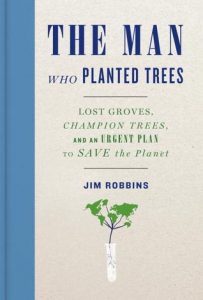 The Man Who Planted Trees
The Man Who Planted Trees
by Richard Powers
A poetic and inspiring story of one man’s quest to clone the world’s champion trees in an effort to save the planet’s essential ecosystems. A light and easy read that incorporates forest ecology and storytelling.

